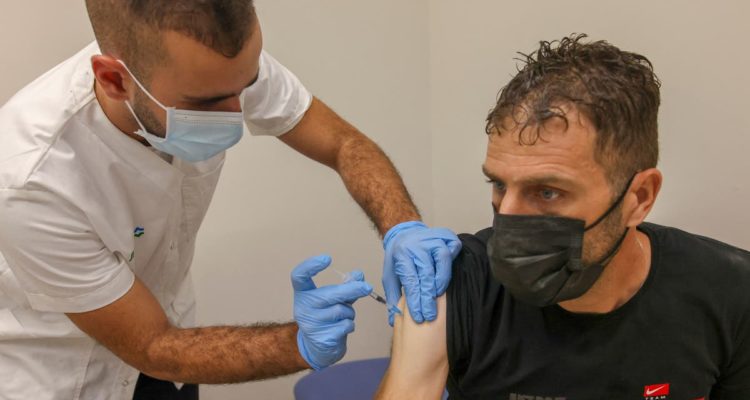- Pfizer’s COVID-19 booster shot yields mild to moderate side effects, much like its second dose.
- Injection-site pain is most common after a booster, according to data released Wednesday.
- People who received a third dose of Pfizer’s vaccine also frequently reported headaches and fatigue.
Data from Israel suggests side effects resolve after 1-3 days
Other reports have also indicated that booster side effects are both mild and fleeting. A September report from Maccabi Health Services, one of Israel’s four major health providers, found that booster side effects usually go away within one to three days.
Maccabi surveyed more than 9,200 adults in Israel who’d recently received a third dose of Pfizer’s vaccine. In general, the following portions of adults reported these side effects:
- Injection site pain: 87%
- Weakness and fatigue: 57%
- Headache: 36%
- Muscle pain: 26%
- Swollen lymph nodes: 19%
- Joint pain: 14%
- Fever over 38 degrees Celsius (100 degrees Fahrenheit): 9%
- Fever up to 38 degrees Celsius: 8%
Half of the surveyed adults said the booster shot yielded worse side effects than the second dose. But the other half said the booster side effects were the same or milder compared to dose two.
In another survey from Clalit Health Services, Israel’s largest healthcare provider, 88% of participants said they felt “similar or better” after their Pfizer booster than after dose two. That survey included around 4,500 people. Just 31% of them reported localized side effects like pain or swelling at the injection site.
Read the article by in Business Insider Australia.

